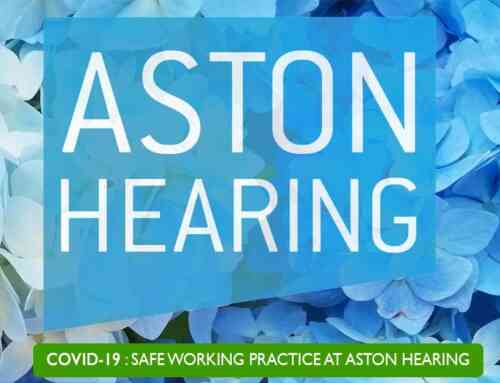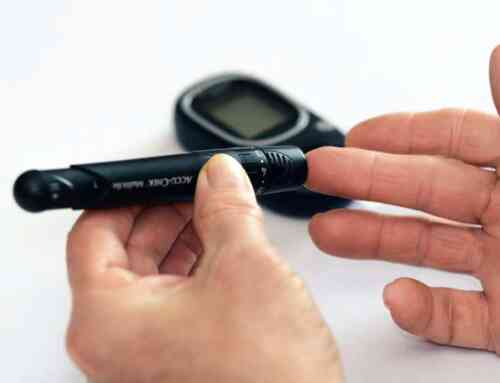By Paula Cook, Audiologist & MD of Aston Hearing
Ever thought about why people so frequently get ear infections or problems with their ears when on holiday? Since holiday season is coming up, we thought we would gently mention it’s not just your skin that needs looking after in the summer!
THE MOST COMMON EAR PROBLEM ON HOLIDAY – EAR INFECTIONS
Ear infections are extremely common but generally go away on their own after a few days. Ear infections can have a range of symptoms including:
- Pain inside the ear
- A high temperature (38 degrees +)
- Nausea
- Difficulty hearing
- Discharge oozing out of the ear
- Feeling of pressure or fullness inside the ear
- Itching and irritation in and around the ear
- Scaly skin in and around the ear
Anyone can get an ear infection, but they are far more common in children with 5 out of 6 children experiencing an ear infection before their 3rd birthday! Ear infections sometimes do develop when you are on holiday, whether abroad or at home, so these are some measures you can take to help prevent them on your travels.
Avoid washing inside your ears with anything, even water, as this can increase the risk of infection
- Dab the inside of your ears with a clean and dry towel to help catch any water residue after swimming
- If you are particularly prone, wear a swimming cap/ear plugs to prevent contaminated water infecting the ear canal
SUDDEN HEARING LOSS
If you experience any sort of sudden hearing loss whilst travelling, this is a medical emergency. Sudden hearing loss may be due to wax but on rare occasions it can be due to a sensorineural hearing loss which is a problem of the inner ear and requires immediate medical attention. In the event of a sudden change in your hearing seek medical attention (ideally within 24 hours) to reduce the risk of permanent hearing loss. Don’t wait until you fly home to get help.
QUESTIONS WE OFTEN GET ASKED ABOUT RE EAR PROBLEMS ON HOLIDAY
EAR INFECTIONS
- Is it safe to fly with an ear infection? It is best to avoid flying with an ear infection. The swelling and congestion within the Eustachian tubes combined with flying at a high altitude means that your eardrum will be under a lot of increased pressure. Increased and continual pressure on the eardrum can cause it to rupture. At best, the experience is still likely to be very painful and uncomfortable and is therefore not encouraged.
- Why are ear infections so common on holiday? While on holiday we often spend more time in the pool or sea than we might normally when at home. Wax in the ear can prevent the natural drainage of water from the ear canal. The warm, moist conditions of the ear canal combined with the wax are ideal conditions for bacteria to grow which is the cause of an infection. To prevent this happening, you could have your ears checked to make sure they are wax free prior to your holiday particularly if you have wax regularly removed, or use swim plugs to avoid water entering the ear canal.
- What should I do if I get an ear infection on holiday? Use painkillers such as paracetamol and ibuprofen and place a warm or cold (but not dripping wet) flannel over your ear, but never put any foreign objects in the ear including earbuds. Seek antibioticstore so a doctor can decide if you need antibiotics or other medical intervention.
SWIMMING ON HOLIDAY
- What is ‘swimmer’s ear?’ You can catch an ear infection because of contaminated water left in the ear after swimming. Symptoms include itchiness, redness or swelling, pain when the ear is under pressure and pus draining from the ear. If you are prone to swimmer’s ear wear a swimming cap and/ or ear plugs when swimming. Also use a towel to dry your ears and tilt your head outwards so any remaining water within the ears can easily escape. If you think you may still have water in your ears do not put any objects in your ears to try to remove it (i.e. cotton buds), as this will increase the risk of infection.
- Can you swim with grommets? Your child can go swimming with grommets; however, their ears need to remain completely free from water so they should swim with ear plugs and a swimming cap and thoroughly dry their ears after being in water. It is recommended to completely avoid diving whilst the grommets are still in place
SPORTS ON HOLIDAY
- Can you wear ear plugs scuba diving? Scuba diving is very different to swimming as you are reaching low depths for long periods of time which puts a lot of pressure on your ears. The worry with wearing ear plugs (although they may help to prevent ear infections caused by water) is that the pressure changes that occur while diving cannot be ventilated between the ear drum and the end of the swim plug which can cause severe pain and prevent equalisation of the middle ear and may end in damage to the middle ear and ear drum.
- How soon can I fly after scuba diving? Due to the intense pressure both flying and scuba diving put on the ears it is best not to do one after the other. It is generally advised that you should wait at least 12 hours after single dive scuba diving before boarding a plane. After multiple dives, you should wait a minimum of 18 hours before flying.
- Can surfing damage my ears? Long term exposure to the force of the water, cold temperature and strong wind speed can also cause abnormal bone growth in the structure of the ear canal otherwise known as ‘Surfers ear’, in severe cases this can lead to hearing loss. Swellings can form in your ear canal which mean wax and water can get trapped causing infection.
ON THE AEROPLANE
- What is ‘airplane ear’? This is when you feel pain or discomfort within your ears typically during take-off and landing. It occurs when there is an imbalance of pressure within your ears and the environment you are in. Fast changes in altitude are most likely to trigger this.
- How can I avoid ‘airplane ear’? Try these solutions:-
- Swallow or yawn to try and equalise the pressure within your ears.
- Suck boiled sweets or chew gum during take-off and landing.
- If your baby uses a dummy or sucks their thumb, this may be a good time to encourage sucking.
- Stay awake during take-off and landing. You swallow far less when you are asleep.
- Use decongestants and nasal sprays to help open up these passages.
- Practice deep breathing exercises. e.g. breathe in slowly, then gently pinch the tip of your nose whilst slowly exhaling and repeat.
- It is possible to buy filtered foam plugs at the airport to wear during take-off and landing. These plugs are designed to slow down the rate of pressure change to give your Eustachian tubes a chance to catch up and equalise the middle ear pressure so avoiding the discomfort and inability to hear!





